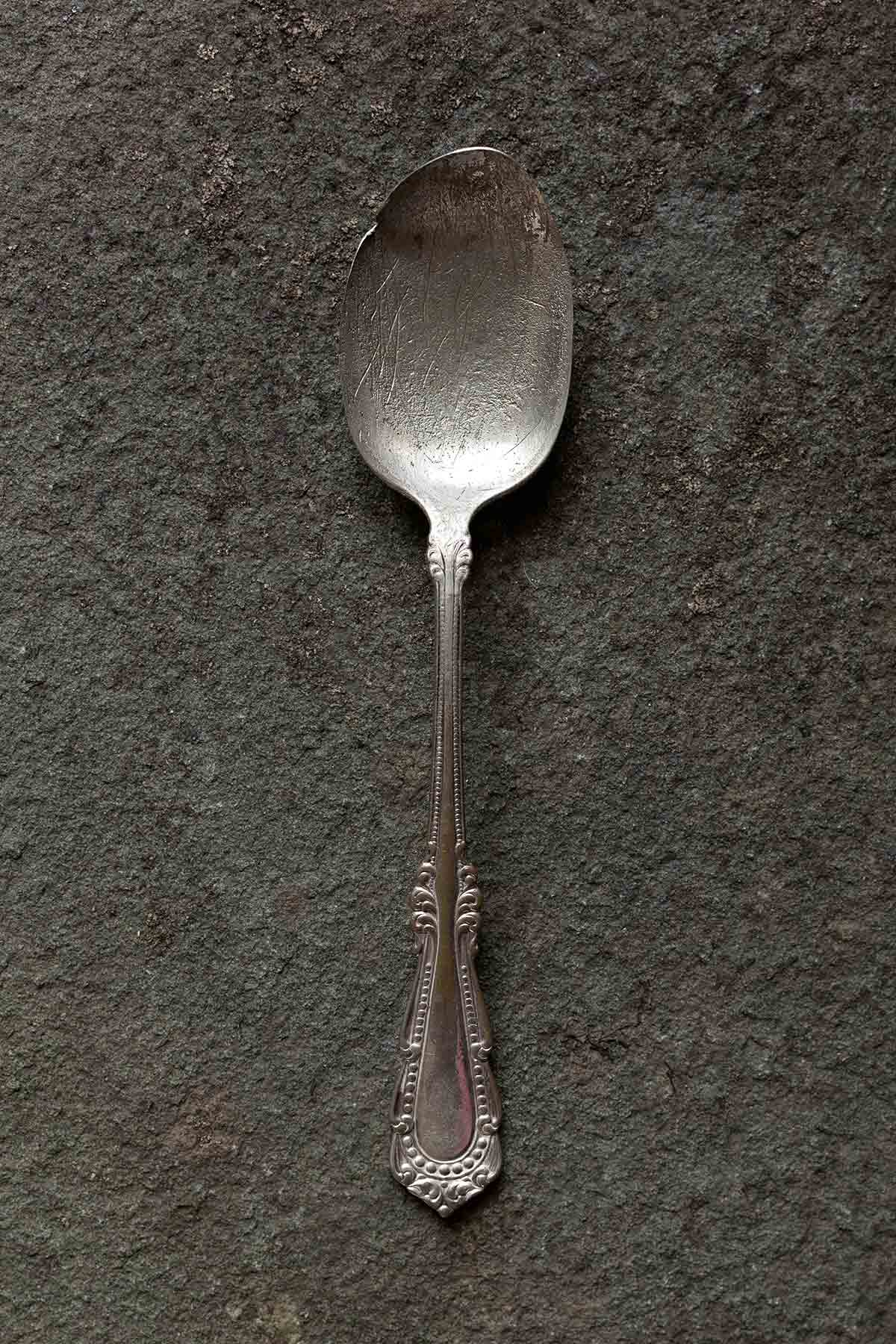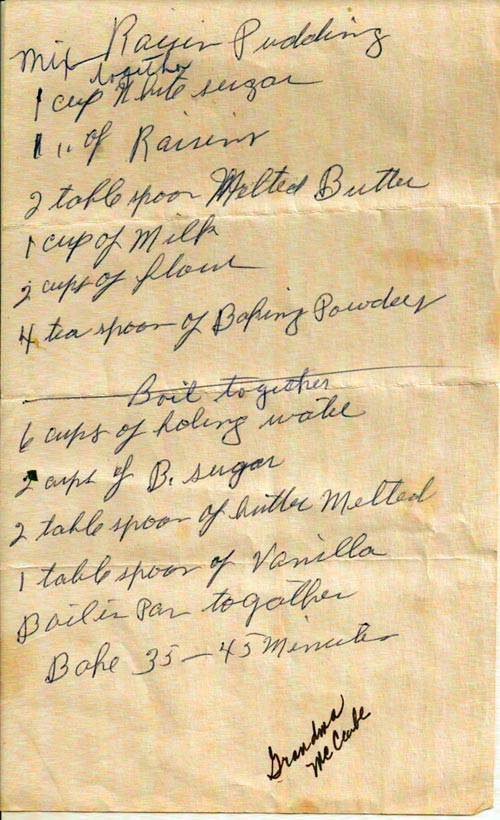
When I first told David, my partner of nearly 20 years, about my tumultuous upbringing, he was shocked. You see, my emotionally volatile mother, whom I loved dearly, was seemingly strong on the outside but fragile inside.
My father, who was legally blind, was severely limited in his ability to play the role of dad as I longed for it to be played. Both of them had hot tempers that often led to loud and sometimes physical confrontations.
When I was seven, they separated, and they divorced soon after. Much of the rest of my childhood was spent consoling my mother, helping her find happiness not only in her own life but in mine.
My father, meanwhile, depended on me to take care of him. I learned to do his shopping, make his meals, clean his house, pay his bills, and balance his checkbook by the age of nine. In many ways, the roles of parents and child were sadly reversed.
Finally, when I was 14 and life with my mother and her third husband in their horribly tension-filled household became unbearable, I left.
But there was one person I could always depend on to be there for me: my beloved grandmother. She didn’t need me to give her emotional support or take care of her. She just needed me to be her grandson and accept her unconditional love.
I have countless memories of her. She cut a fine figure, had tightly curled hair, and always wore stockings and a dress–usually one that she’d sewn herself. She’d never go out in public unless she looked just right. She was a lady—a very independent lady—who was as comfortable moving a heavy piece of furniture or hammering a nail as she was making a cake from scratch.
My most vivid recollections of her are in the kitchen. Oddly, I don’t remember her cooking; it’s possible she wasn’t very good. But her baking was incredible. And there were three necessary components to everything she made—her big brown crock; her wooden spoon; and her scratched, misshapen silver spoon, which I cherish to this day. I remember seeing that spoon in every kitchen my grandmother ever baked in. It was like a constant friend or a favorite family member.
I remember Grandma baking buttermilk bread for sandwiches and scooping the flour with her silver spoon. I’d sit in the kitchen, watching her mixing all the ingredients, and wait for the bread to rise.
The process fascinated me, and once the loaf went in the oven the smell of it baking was pure comfort to me. I sat on pins and needles anxious for the warm slice of bread with butter that would soon be mine. And at Christmastime she’d bake me a special sweet treat by shaping the same dough into rolls and studding them with colorful candied fruit.
Then there were the times she’d bake a cake. She’d sit with her big crock on her lap, beating the batter inside with her silver spoon. After she’d poured the batter into the pan, there was always, miraculously, just enough left for me to “test” with the spoon. That spoon was so thin and beat up it was amazing that I didn’t cut myself. But just as my grandmother expertly wielded it, so I learned to masterfully maneuver it.

I recently happened upon her recipe for raisin pudding—a dessert she made all the time—written in her own hand. I’m not sure if I should call it a recipe, though, because it includes only the ingredients.
It doesn’t say what size pan to bake it in or what temperature to set the oven to. Maybe we were destined to guess, or maybe we were just expected to know.
I later found the same recipe, entitled “Grandma’s Raisin Pudding,” in my mother’s handwriting. Her version includes the missing pieces. It says to drop the flour-and-sugar mixture into the syrup with a “teaspoon,” which makes me chuckle because I know the “teaspoon” referred to is Grandma’s old silver spoon that I watched her use every time she made this dessert.
She’d scoop it into the wet batter and then drop it into the waiting hot syrup without bothering to shape the individual puddings. But once they emerged from the oven, they were almost perfectly round biscuits sitting atop the most delicious river of thick, rich syrup. In my child’s mind, her spoon had special powers. It could take blobs of dough and shape them into impeccable biscuits. It’s one of my very favorite memories of her.
According to my grandmother, the spoon was handed down from her mother’s mother. It supposedly originated in England, but that part has always seemed suspect to me since it’s rather a grand origin for something owned by our humble family. As a child, I simply couldn’t fathom how anything could be so old, so ancient.
When my grandmother passed on, the old spoon was handed down to me. It remains one of my greatest treasures. So far from glamorous, yet beautiful to me, it rests comfortably among our set of perfect silverware.
It’s this spoon that I pull out anytime I want to try a new recipe or make a beautiful meal for David or just sense that I might need some extra support in the kitchen. Is it my lucky spoon? I can’t answer that. But I can say that I go into a panic when I want to cook something special and can’t find it. Somehow I feel I need it to achieve even the slightest success in the kitchen.
Maybe it’s a crutch, or maybe it’s just a piece of metal that evokes wonderful memories of me and my grandmother in the kitchen. It doesn’t really matter, as I can’t promise a decent meal without it.











What a great story! I’m glad you got what you needed from your grandmother and can even hold it in your hand in the form of that spoon.
It makes me think of my great grandmother’s and great aunt’s table. They were not prosperous but they came from French fur trappers who migrated down to Maine. We lived in New York and could only visit them in the Summer.
On their table they had a jar of spoons. They were very ordinary, every day spoons but they must have been silver. From when and where I’m not sure but over the generations of daily use they had worn down so that they were no longer bowl- but spade-shaped with one long side and one short side as lips had worn them down.
I don’t know what happened to that jar of spoons. I suppose some one of the antique dealers who made routine calls to see if there was anything being sold ended up with them. But they’ll never have the precious memories that should accompany them. Those I’ll always have so I can really appreciate how fortunate you are to have your grandmother’s spoon!
Hi David, What a tremendous story! Beautiful. It’s amazing how our life experiences, good or bad shape us into who we are and take us down the path we’re destined for. I met you at the first annual FBC conference in Hockley Valley, Ontario. I was so thrilled to meet you, even though I really didn’t know much about you and had only enough time to glance through your site to familiarize myself with the guest speakers. But I could sense your creativity, sensitivity, geneous spirit and joie de vivre. It was great meeting you. Your writing is very inspiring. I just love reading your postings and articles. All the very best to you and The One. I hope we will meet again.
Silvana
Thank you, Silvana, it was lovely meeting you, too. I really enjoyed the conference. It was so well organized and instructive. I came away having learned so much.
I love this story so much. My great-grandmother didn’t have a special item, but a recipe. Nana’s pound cake was absolutely divine. Sweet without being too sugary, light but dense, just magical. Anytime I was at her house, I can always remember dinner being cooked, and never the cake. Like it just appeared, warm and sliced in front of me. At a family reunion everyone was given the family cookbook containing all the most treasured family recipes they could gather at the time.
As a little girl, I stayed up late, going over every page, clipping paperclips to each of my favorites, when I realized I had reached the end and never found Nana’s recipe. I asked my aunts and uncles, and they all told me the same thing. “We’ve all been asking Nana for it since we were your age. And we still don’t know.” I ran to her and asked her if she could teach me. She looked down and smiled and told me to come back in a few hours. So I waited, I washed my hands 3 or 4 times, and came back. She just pulled out a chair for me, and started cooking without a word. I can’t remember how many times I watched her make that cake. I always missed one step here, one ingredient there, and if I missed it she chuckled and said ‘better luck next time’
Finally, a few years ago, my aunt got permission to write it down. She had learned it by watching Nana as a child herself, but swore never to write it down. And on a family trip, I was entrusted with making it. I lost sleep the night before making the cake, I was so scared. And the planets aligned that warm summer afternoon. I knew I did it right, because Nana’s smile was so big and beautiful. I feel so lucky to be one of 3 people in my family to know the recipe. I’m practicing it often, in the hopes that one day I too, can throw away the paper and make it JUST like my Nana did.
Thank you for bringin back wonderful memories and sharing your story, The One.
Kiana,
What a wonderful, wonderful story. I love the anticipation you had about eating the cake and then learning to make it. I could feel the warmth and love you have for your great-grandmother, and certainly the deliciousness of the cake. It definitely made my mouth water for a piece. Sounds like Nana is a sly one too–love it. You must carry on the legacy.
Thanks so much for sharing your story.
The One